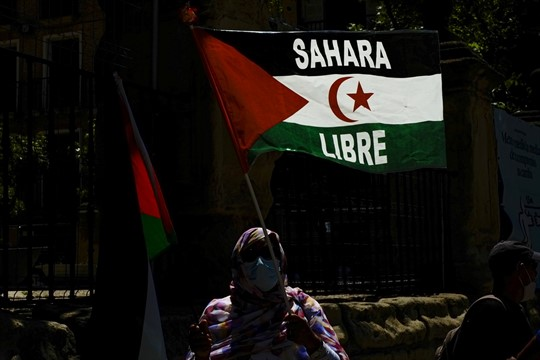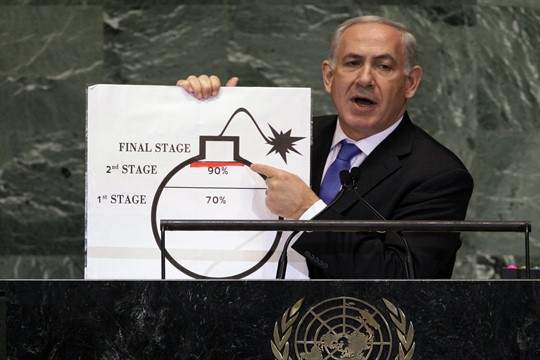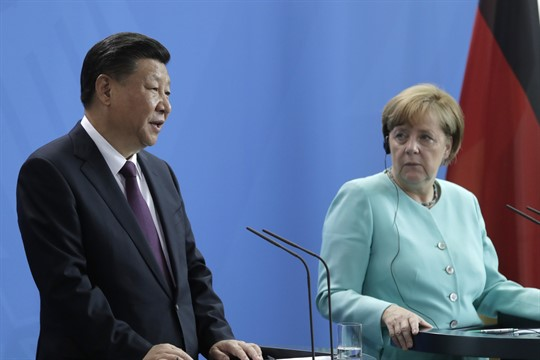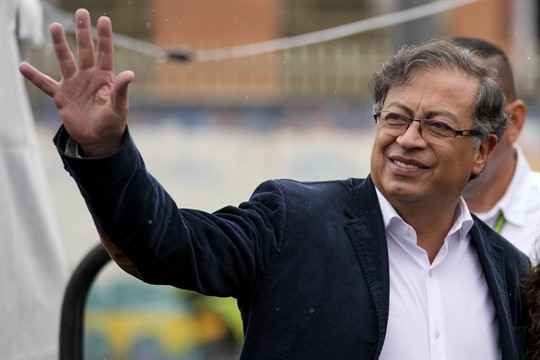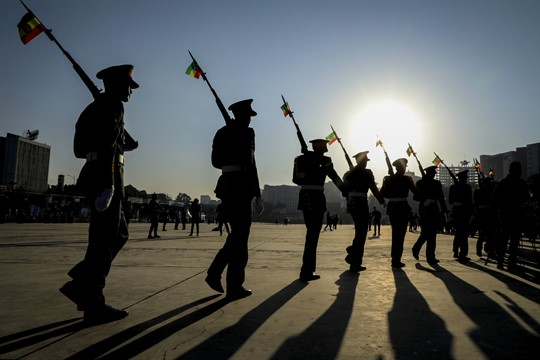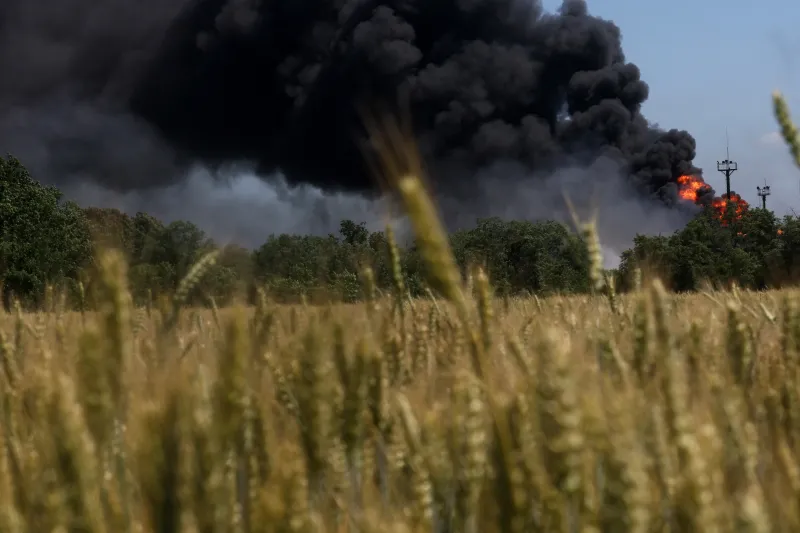Turkey’s wartime bridge to the West is collapsing
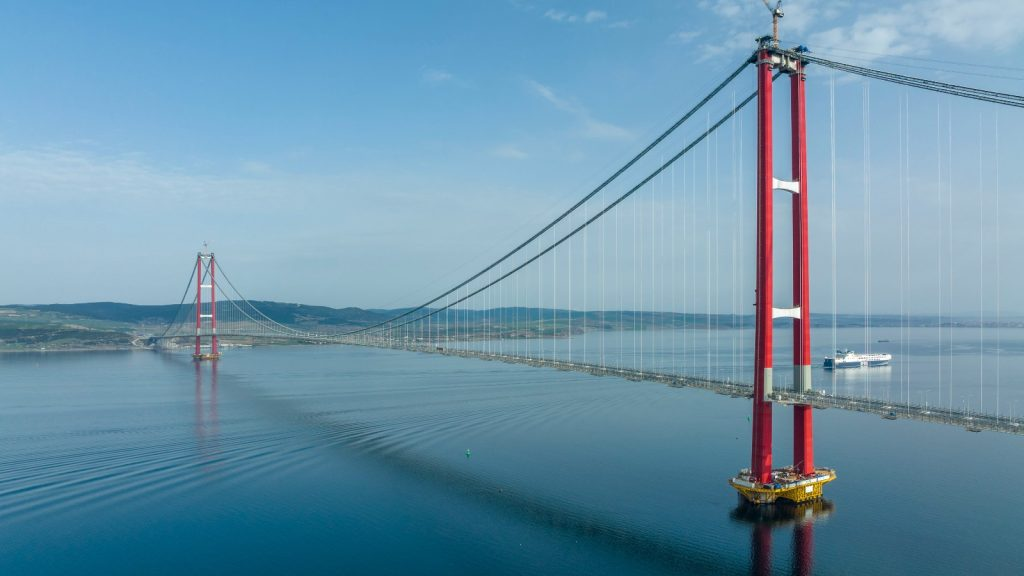
Russia’s unprovoked war of aggression in Ukraine has forced countries around the world to reexamine their geopolitical choices. Turkey, a strategic partner to both of the states at war, has been affected more than most nations. Caught in a lose-lose situation where taking any side in the conflict would lead to a major rupture with the other partner, it has tried to maintain amicable relations with both Russia and Ukraine.

